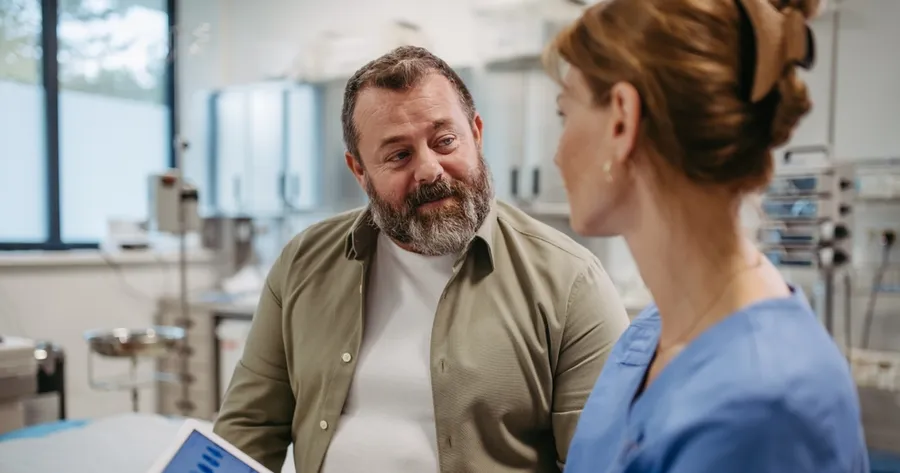Exploring New Treatments and Medications
One of the primary goals of clinical trials is to discover new treatments for diabetes. Researchers carefully study how experimental medications, devices, or lifestyle interventions work in real-life settings. Volunteers in these trials may gain early access to promising therapies that could better manage blood sugar, reduce complications, and improve quality of life.
New treatments are always being developed, from oral medications to insulin delivery systems. Clinical trials are the first step to ensuring these innovations are safe and effective. Participation not only advances your own health options but also contributes to breakthroughs that could help others in the diabetes community.
Improving Daily Diabetes Management
Clinical trials go beyond finding new treatments—they also focus on enhancing daily diabetes management. This could mean testing different blood sugar monitoring tools, dietary approaches, or exercise programs designed to maintain healthier glucose levels. Participants can learn practical strategies and gain valuable insights about what works best for them.
Many trials look at how to make diabetes easier to manage, especially for people who face daily challenges with blood sugar fluctuations. Joining a clinical trial often means working with experienced doctors and researchers who are dedicated to finding better ways to manage diabetes long-term.
Preventing Diabetes Before It Starts
Diabetes prevention is another key focus of clinical trials. Researchers are studying lifestyle changes, medications, and innovative programs that may reduce the risk of developing diabetes. For individuals with prediabetes or a family history of diabetes, participating in these trials offers the chance to take proactive steps to protect their health.
These prevention trials often examine how diet, exercise, and stress management play roles in lowering the chances of diabetes. By joining, you’re helping researchers gather crucial data to prevent diabetes in future generations.
Understanding the Causes and Course of Diabetes
Clinical trials aren’t just about new treatments—they’re also about learning more about the disease itself. Researchers use trials to explore what causes diabetes, why it progresses differently in people, and how other health conditions interact with it. This deeper understanding can lead to more effective and personalized care for everyone.
By volunteering for a clinical trial, you’re providing scientists with vital information about your health and lifestyle. This data helps build a clearer picture of how diabetes affects different people, laying the groundwork for future treatments and care guidelines.
Early Detection and Long-Term Outcomes
Early detection of diabetes complications is crucial for better health outcomes. Clinical trials often evaluate new ways to spot signs of damage to nerves, eyes, or kidneys earlier, giving people with diabetes a better chance at preventing serious complications.
Long-term outcomes are another major focus of clinical trials. Researchers track how new treatments or lifestyle changes affect people over years, not just months. This ongoing research is essential for understanding the full impact of diabetes and how to best protect health over time.
Taking the First Step Toward Participation
Thinking about joining a clinical trial? The first step is to talk to your doctor. They can help you decide if a trial is a good fit for your health and goals. If you’re interested in exploring current trials, clinicaltrials.gov is a great resource—it lists ongoing research studies and how to sign up.
Participating in a clinical trial is a personal choice, but it’s also a powerful way to make a difference. You’re contributing to research that could benefit you and others for years to come. By staying informed and asking the right questions, you can help advance the future of diabetes care.

